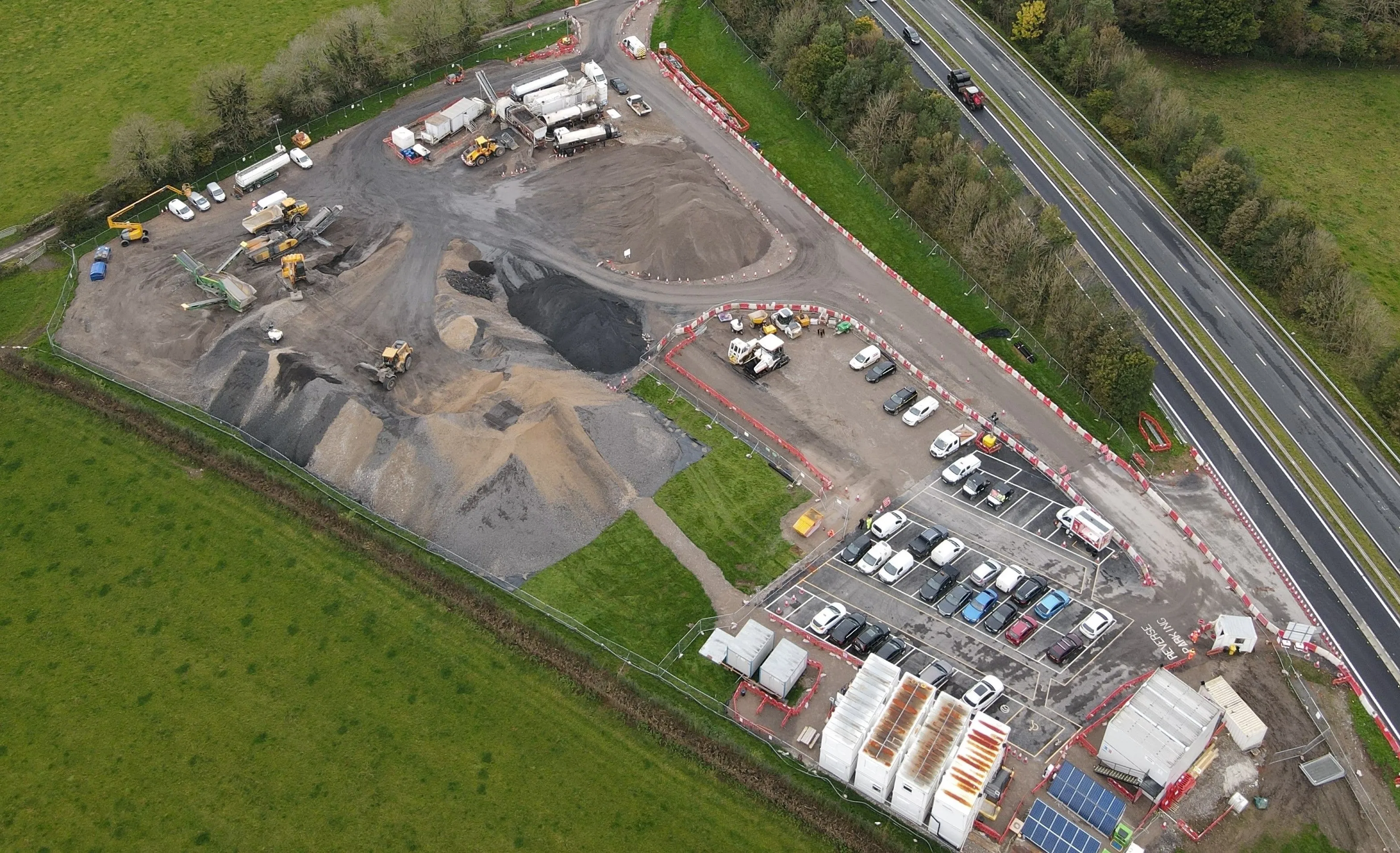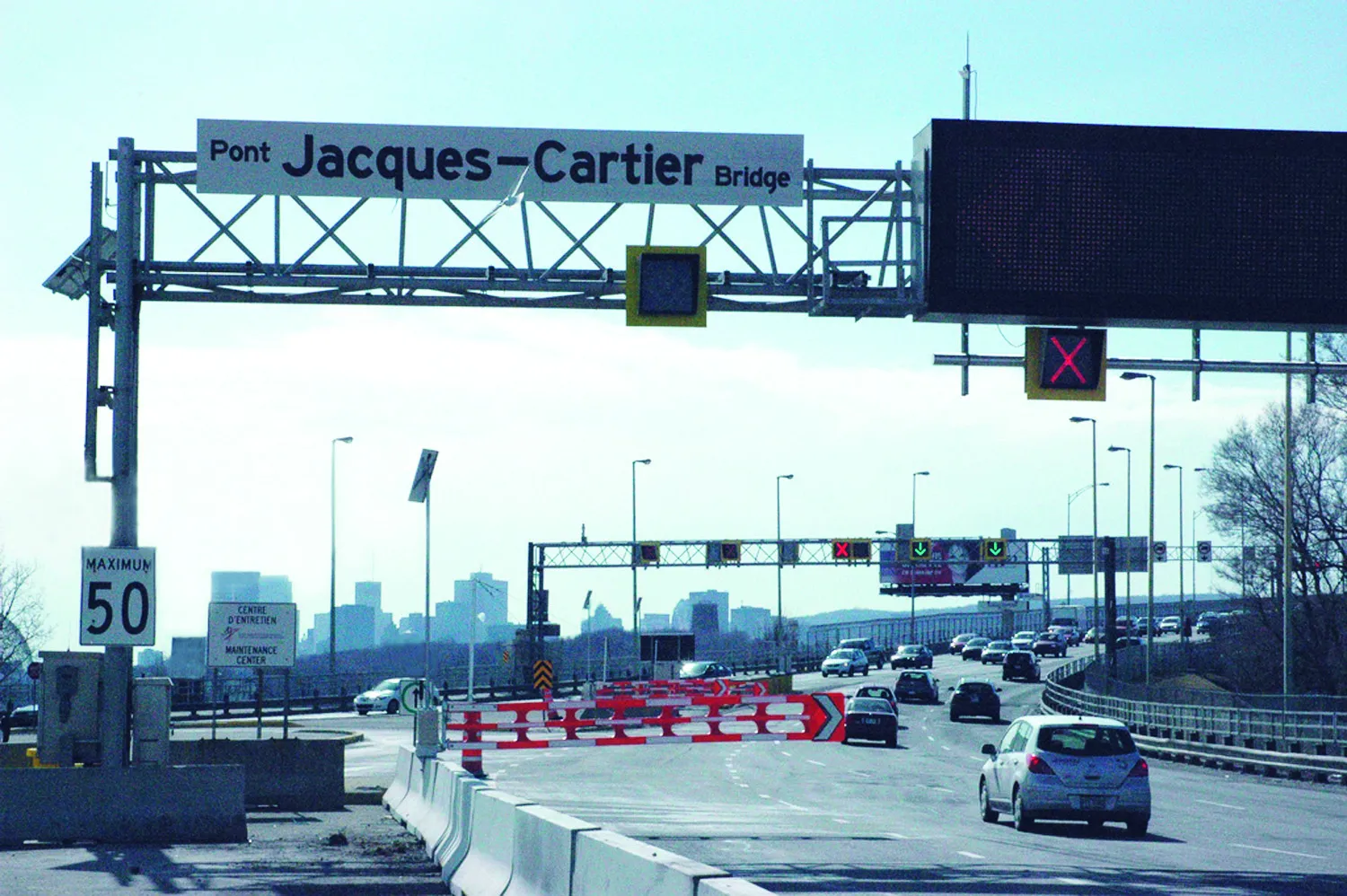A key advance has been made in reducing noise along the busy M40 motorway in the UK. The work forms part of a design contract worth up to €2.62 million (£2 million).
WSP Parsons Brinkerhoff is reviewing sites along the M40 between junction 3 (Loudwater) and junction 8 (Wheatley), where road noise is a particular issue.
Earlier this year, Highways England, working in partnership with the M40 Chiltern Environmental Group, (M40 CEG) Wycombe District Council and South Oxfordshire District Council, ran a
March 21, 2016
Read time: 2 mins
A key advance has been made in reducing noise along the busy M40 motorway in the UK. The work forms part of a design contract worth up to €2.62 million (£2 million).
2782 WSP 3220 Parsons Brinkerhoff is reviewing sites along the M40 between junction 3 (Loudwater) and junction 8 (Wheatley), where road noise is a particular issue.
Earlier this year,8100 Highways England, working in partnership with the M40 Chiltern Environmental Group, (M40 CEG) Wycombe District Council and South Oxfordshire District Council, ran a competition to develop a range of cost-effective barriers to reduce noise.
Potential designs include using solar panels in the barriers to produce clean energy to help offset their installation and operating costs.
Six entries were shortlisted and WSP Parsons Brinkerhoff will now work with the designers of the shortlisted entries to trial these noise barriers at the identified sites on the M40. These designs may also be installed on other parts of England’s strategic road network in the future.
After selecting six ideas from the 18 competition entries received, the design contract was awarded. This will help decide which types of barriers will best suit the different sites on the M40 and start designing a solution for each of them. Subject to the successful completion of the site review and development of design solutions for each site identified, Highways England will aim to start preparatory work for construction on site in winter 2016-17.
This trial is funded by Highways England and the construction phase of the project is subject to funding.
Earlier this year,
Potential designs include using solar panels in the barriers to produce clean energy to help offset their installation and operating costs.
Six entries were shortlisted and WSP Parsons Brinkerhoff will now work with the designers of the shortlisted entries to trial these noise barriers at the identified sites on the M40. These designs may also be installed on other parts of England’s strategic road network in the future.
After selecting six ideas from the 18 competition entries received, the design contract was awarded. This will help decide which types of barriers will best suit the different sites on the M40 and start designing a solution for each of them. Subject to the successful completion of the site review and development of design solutions for each site identified, Highways England will aim to start preparatory work for construction on site in winter 2016-17.
This trial is funded by Highways England and the construction phase of the project is subject to funding.








